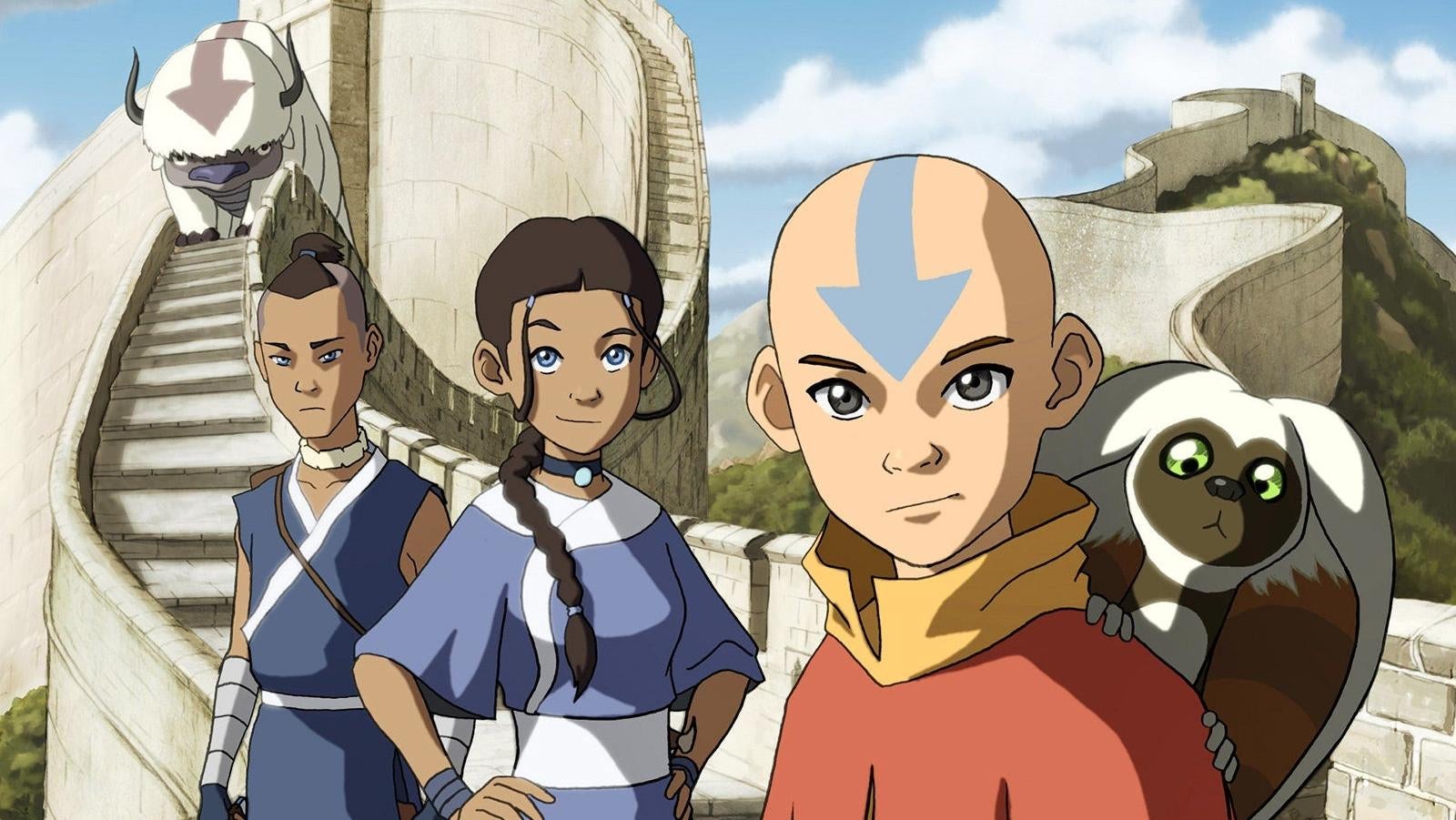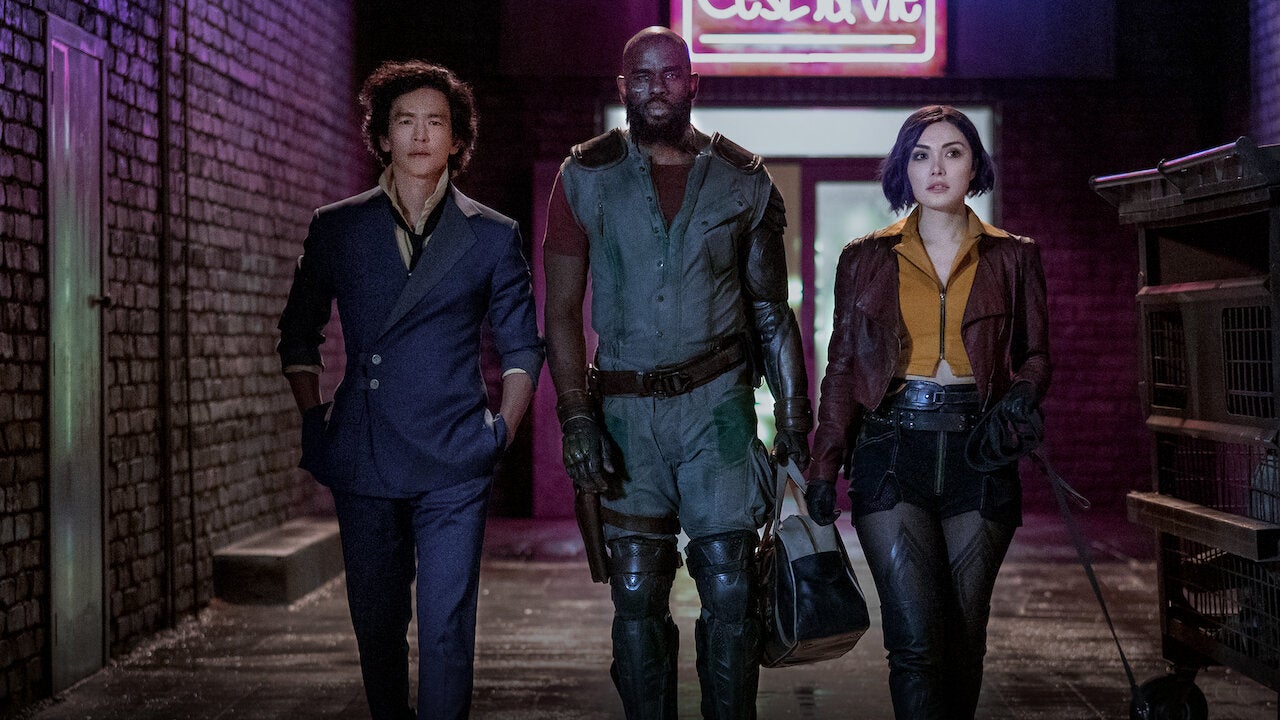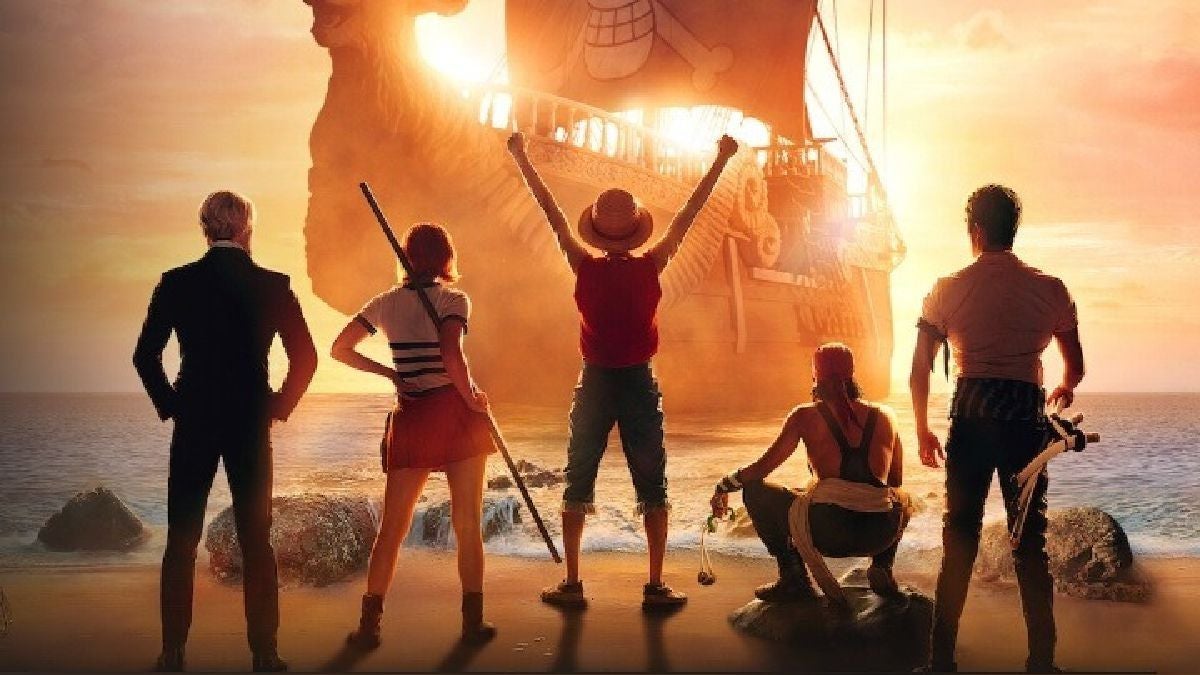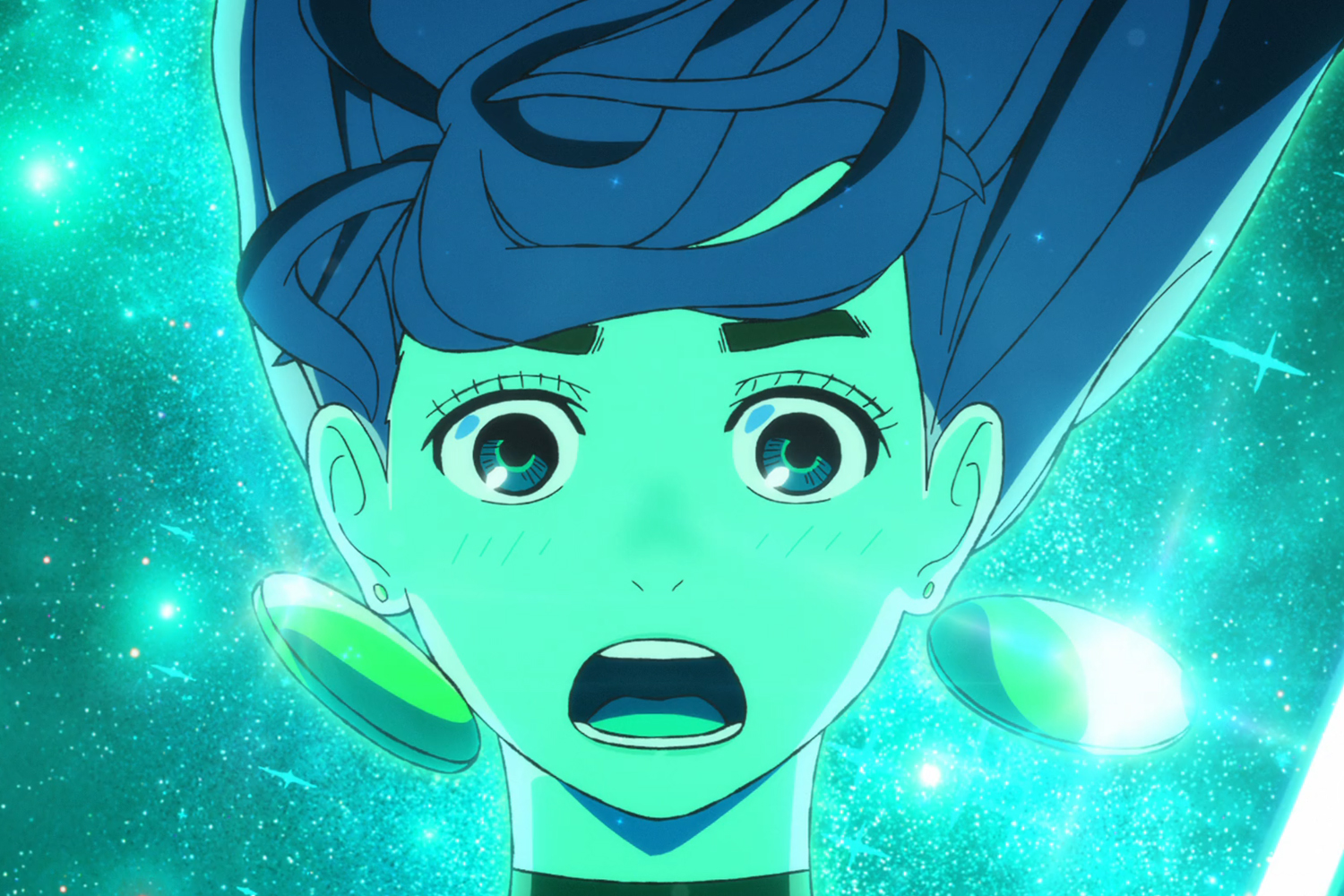Though remakes have been a part of our media landscape for decades, the backlash and distaste for them really began to escalate in the late 2010s. It isn’t just the public’s reflexive dislike for redoing something that’s already been done—and often with dubious merit—it’s also the “how” of those of remakes. Of the high-profile ones that have dominated Hollywood in the last seven or eight years, a lot have been live-action retreads of previously animated material.
Disney’s been at the forefront of this adaptation business, as it continues to make live-action versions of its classic movies with an alarming consistency. Netflix has been eager to follow suit, and two of its biggest upcoming shows are definitely big material to try to take on. In late August, the streamer will release its live-action adaptation of Eiichiro Oda’s One Piece, a manga whose existence predates (and may surpass) Netflix, and which already has an anime that shows no signs of slowing down. And in 2024, the streamer will air its adaptation of Nickelodeon’s Avatar: The Last Airbender, whose original creators left the Netflix adaptation to spearhead their own run of new animated films and shows in the coming years.
That Netflix is taking on these two properties is very silly. Setting aside the fact that it cancels shows faster than you can be aware of their existence, both projects share the same problem in that they don’t… really have a right to exist. Part of it’s that they just won’t really have the time needed to do so: One Piece’s eight-episode first season will cover part of the “East Blue Saga,” the series’ introductory arc which ran for its first 100 chapters and 61 episodes (43 in the 4Kids dub). Avatar’s source material had a much shorter 20-episode season, but eight episodes just isn’t enough for either show to work with. Without long episode counts for both of these character-focused series, things recreated in these adaptations (or made wholesale) just won’t be able to fully land like they would if spread out over dozens of episodes. We’ll basically being seeing the “how” without getting the full “why” of it all.

One of the big questions with any remake is “why is this here?”—and not all the answers are satisfying. It’s definitely not a matter of preserving history. One Piece’s anime and manga have been around for so long, the kids who grew up with it probably have grandkids by now, but it’s not like those early seasons are hard to get ahold of. Meanwhile, the Netflix Avatar’s current justification—and frankly, its only justification—is that it might wipe away the stink of the 2010 movie. But to be blunt about that, using one adaptation to eliminate another from the minds of those who still care about that sort of thing feels both stupid as hell and, frankly, a waste of time, effort, and money.
Not that every piece of media needs to come with a certificate showing it has a legal right to be created, but a lot of remakes just do not work at justifying their own existence. We basically get them because their names carry weight—Avatar and One Piece are two action-fantasy properties whose fanbases inhale new additions like candy. And for newcomers, bringing something to live-action allows them to watch something they heard was great without copping to the fact that they heard it was actually a cartoon. This transition often feels like a massive implied insult, made all the weirder by the number of remakes and adaptations that don’t really succeed at getting out of their predecessor’s shadow, even with the best efforts of all involved.
And it doesn’t help that you can start to see how so many of them are determined to prove their faithfulness to the source material in the easiest of ways. Similar to how the first trailers for Disney remakes feature the most iconic moment of whatever they’re adapting, One Piece’s trailer uses a rendition of Hiroshi Kitadani’s “We Are!”, the very first opening song for the anime that’s achieved something of a legendary status in the decades since. (The anime’s Japanese cast has even sung it in full, twice.) It’s not quite at the level of Netflix’s Cowboy Bebop overusing “Tank!” to the point of suspicion, but it feels equally cloying as it does nostalgic in its intent. For any adaptation or remake, the worst thing you could do is remind someone of the source material and how much that works in its original medium.

But the most damning thing of all with the remakes is how so many of them manage to feel weirdly territorial in some way. Since they come out or get announced at such a regular frequency, you can’t help but cynically notice that they only exist for their own sake—or rather, the sake of the studio’s shareholders. Once you’re aware of that, you can’t not know it, and even well-intentioned attempts at adding diversity or cleaning up the original’s shortcomings can’t really change that. If studios are determined to be in IP pissing contests for as long as possible, the least they could do is leave the rest of us out of it.
Want more io9 news? Check out when to expect the latest Marvel, Star Wars, and Star Trek releases, what’s next for the DC Universe on film and TV, and everything you need to know about the future of Doctor Who.














